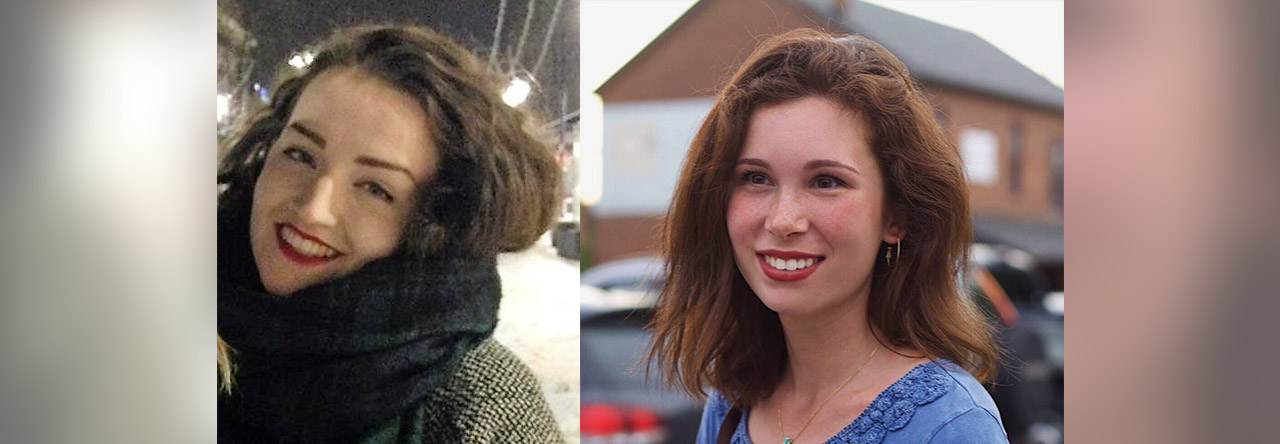by Keire Murphy and Cleo Egli
An exciting new research project is being undertaken in Mumbai and its environs this summer which hopes to bring a new perspective to the international discussion of khatna. The project, which is a cultural study on khatna, the Bohra community, and the current activist movement against the practice, is being carried out by Keire Murphy from Trinity College Dublin and Cleo Egli from the University of North Carolina, who has been awarded the Mahatma Gandhi Fellowship in order to complete the project.
It will be interesting to see how an entirely external perspective engages with the Bohra culture and cultural specificities of khatna, which is so distinct from the practice portrayed in Western media. The stated goal of the project is to explore and understand not just the practice but also the culture (or cultures) of the Bohra community. The researchers hope that this will enable them to make recommendations to activists coming from outside of the community hoping to work on this issue on how to engage with this issue in a culturally sensitive and culturally specific way.
Murphy and Egli claim to have undertaken this project because of the lack of research that has been engaged in not only on the subject of khatna but also on the Bohra community itself, which they believe is an essential step to effecting lasting social and cultural change. For them, “In order to change, we must first understand”. The women want to explore the identities of the members, particularly the female members, who comprise the Dawoodi Bohra community, how the community defines itself, the tensions and divisions within the community as well as its unifying factors. They want to explore the “beauty and pride of the community in order to better understand its controversial underside.” They are particularly interested in exploring the current movement within the community, led by SAHIYO and Bohra women; how the movement is perceived by the people it is aimed at and what factors are integral for a woman deciding whether to continue the long-standing tradition or face the possible repercussions of breaking with the ancient mold; and what distinguishes a woman who simply doesn’t continue the practice from a woman who goes further and actively campaigns against it.
This project will hopefully be a significant stepping stone to bringing global humanitarian and academic attention to this issue that has often been overshadowed by African practices that, although put in the same category globally, so little resemble the experience of the Dawoodi Bohra. This project is also hoping to act as a precursor and guide for the more comprehensive studies that this issue deserves. This is an incredibly important time for the Bohra community both within India and Pakistan and abroad, with media attention being dramatically drawn to the issue by the highly publicised arrests of practitioners of khatna in the United States. The community may be facing a large amount of media attention in the coming years and it is the aim of this project to provide the members of the community with an opportunity to set the story straight from the beginning about who they are.
The study will take place in Mumbai from June 24 to July 23, 2017, and researchers are calling for research participants, both in Mumbai on these dates or in other parts of India from July 24 to August 7. They also have an open call without date restrictions for participants who would like to engage in interviews over Skype. Participants can be male or female and do not have to speak of their experience of khatna if they would prefer not to.
All Bohras are encouraged to participate so that the research will be representative of all groups and opinions in the community. Submissions are also welcome, but interviews will be given more weight. All interested parties should contact This email address is being protected from spambots. You need JavaScript enabled to view it..
A part-time translator job opportunity is also available. To view job description, click here.

